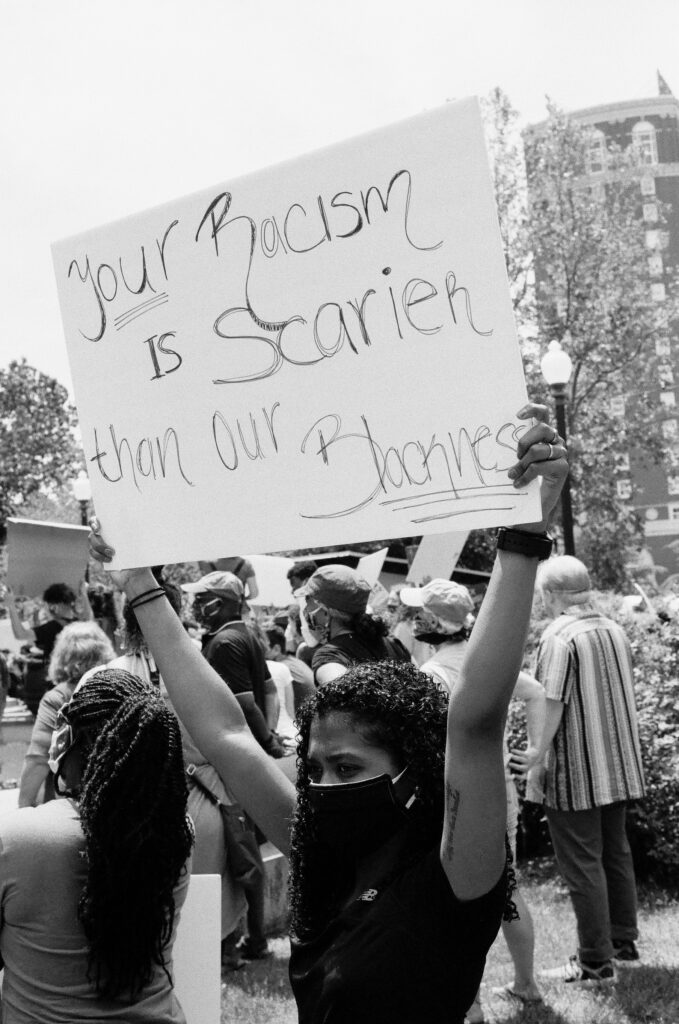In March 2020, at the height of the global pandemic, millions of Americans took to the streets to protest the public killing of George Floyd by the police. While Floyd’s killing sparked months long protests, what was at stake was a longer history of police and other extra-judicial killings of Black people and other people of color, seemingly without accountability. Calls for justice for Floyd were joined by demands for justice for a longer list of people, including Breonna Taylor and Armand Arbury. This movement for justice for Black people, first organized under the Black Lives Matter movement after the 2013 acquittal of George Zimmerman in the shooting death of Trayvon Martin, soon spread beyond the US to become a global movement against anti-Black racism. It also sparked a wave of expressions of solidarity with Black people and communities by public and private institutions across the US.

Brown University responded at a number of different levels, including statements from the administration, students, staff, faculty, departments and centers condemning anti-Black racism. The University administration also responded with support for projects addressing systemic racism. This project, “In the Wake of George Floyd”, is the response of the Center for Latin American and Caribbean Studies to these events. It focuses attention on Rhode Island’s responses to these events and explores how these reflect the relationship between Black and other people of color with the police and the state.